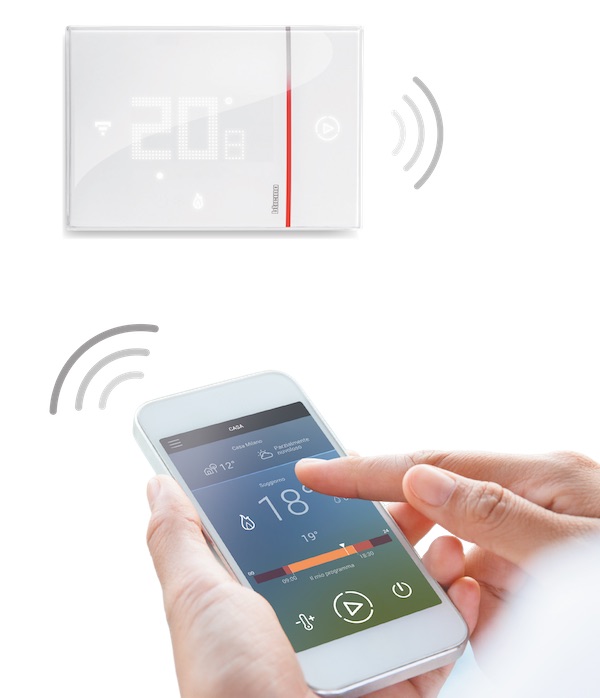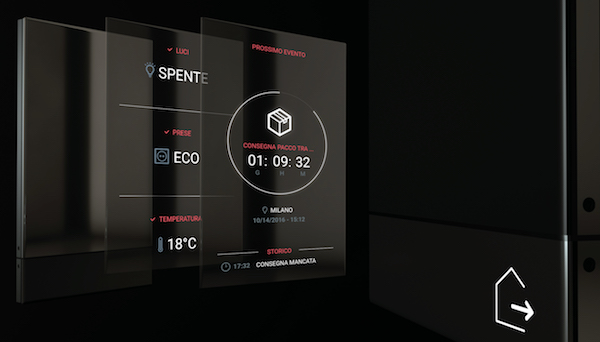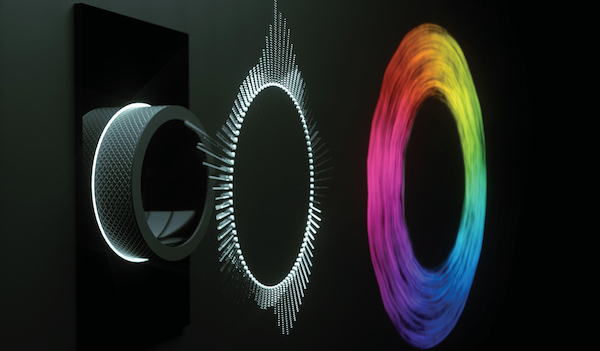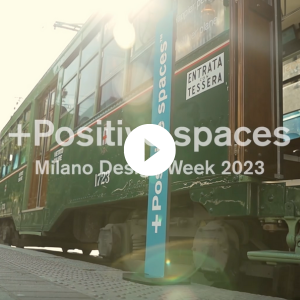
BTicino, a brand of Legrand Group, commissioned a survey to Ipsos and Osservatorio Internet of Things of Politecnico di Milano. The study investigates the Italians’ perception about IoT devices at home: safety, energy efficiency and comfort are their main requirements.
AfterSmart Working is successfully growing in the workplace and technologies have become more and more user friendly, the desire for “smart” objects grows at home, too: from Smart Working to Smart Living.
The study shows that 76% of interviewees know the meaning of Smart Home and 66% has at least a connected device at home, and it is interesting to note that 39% intends to buy another one in the next 12 months. System reliability and easy installation underlie the processes of purchase, while safety and energy efficiency and comfort are the needs the connected devices can meet specifically.
33,6% considers as absolute priority the control of what is happening in the house, especially when nobody is at home, also through the use of smartphones. But with an aging population, smart home technologies are even a system that can help “frail” people according to 15% of interviewees.
The connected thermostat is a decisive factor of the Smart Home: 44% of interviewees is interested in a connected thermostat to adjust the temperature remotely. Energy saving and lower consumption are the main levers.
BTicino/Legrand respond to the desire for a Smart Home with a new product of the ElioT program:
Smarther, a user-friendly Wi-Fi connected thermostat.
The future of IoT is already here with the prototypes Entrée and O-tune:
new archetypes of products meant to enhance the users’ experience.



















